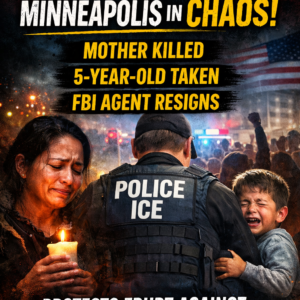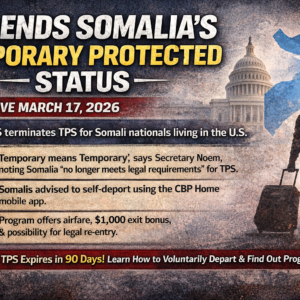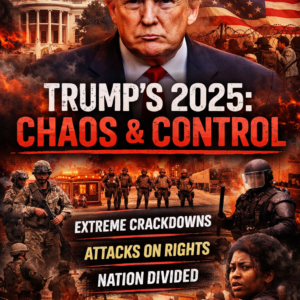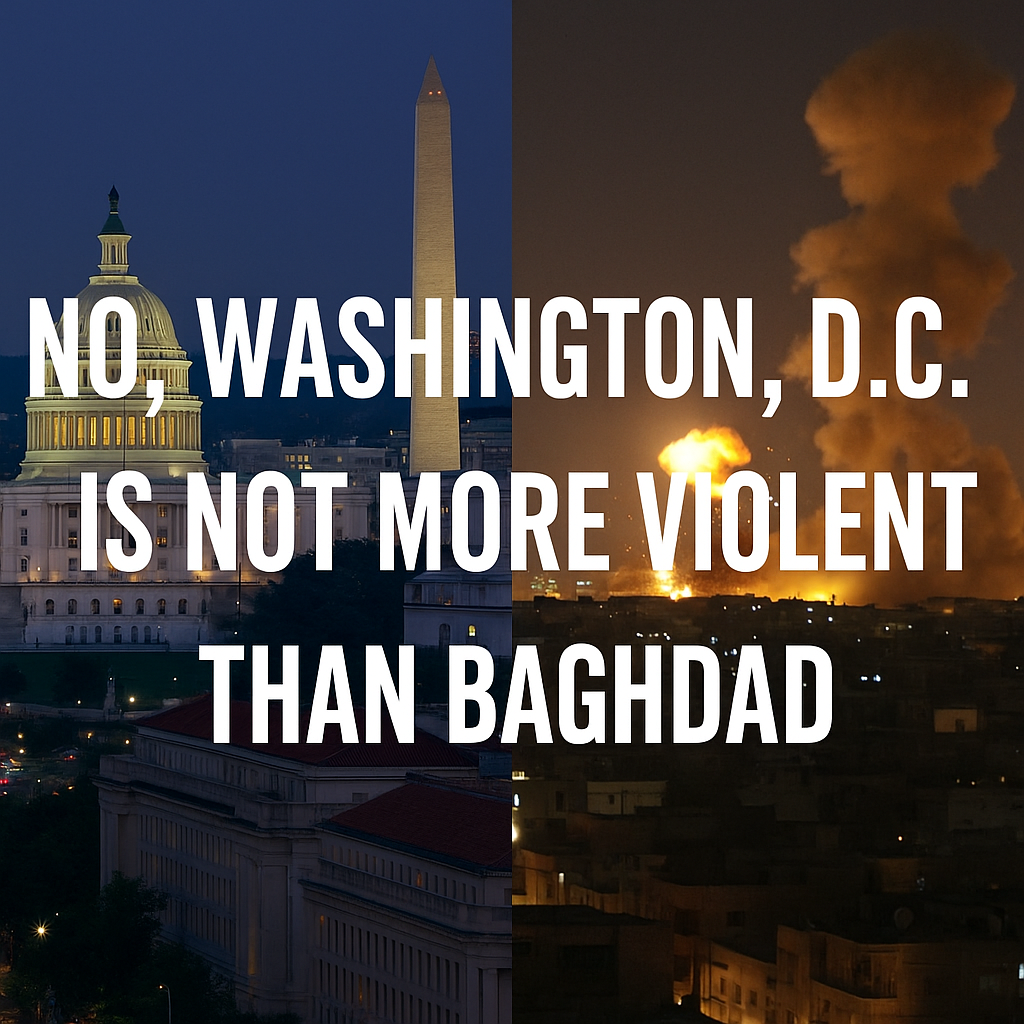By Habari Entertainment Staff
When Stephen Miller, one of Donald Trump’s most notorious policy advisors, declared that Washington, D.C., is “more violent than Baghdad,” the headline was made for shock value. The problem? The facts don’t back it up.
This kind of fear-driven rhetoric has become a political tool—used to justify Trump’s unprecedented federal takeover of the D.C. police, a move that Mayor Muriel Bowser and legal experts have called unconstitutional. But beneath the tough talk and photo ops lies a city that is safer now than it has been in decades.
Let’s break it down.
The Claim: “D.C. is more violent than Baghdad”
Stephen Miller claimed the rollout of Trump’s plan to seize control of D.C.’s Metropolitan Police Department. Trump himself framed the city as “out of control,” with Attorney General Pam Bondi promising to “end crime in D.C. today.”
The narrative paints D.C. as a war zone—one so dangerous that only federal force can restore order. But objective crime data and global safety indexes tell a different story.
The Reality: Baghdad Still Has Higher Crime Levels
Numbeo Crime Index
Independent crime tracking site Numbeo rates D.C.’s crime index around 51, while Baghdad scores a much higher 61.5. In their methodology, the higher the number, the more dangerous the city. That means Baghdad is measurably more dangerous by global standards—not the other way around.
Violent Crime Trends in D.C.
Far from surging, violent crime in D.C. dropped 26% in 2025 compared to the previous year, according to MPD and U.S. Attorney’s Office data.
- Homicides: Down 12% year-to-date.
- Robberies: Down 28% year-to-date.
- Overall violent crime in 2024: Lowest in 30+ years, down 35% from 2023.
These aren’t cherry-picked numbers—they’re the city’s official stats.
Why the Baghdad Comparison Is Misleading
- Different Contexts:
Baghdad is the capital of Iraq, a nation that has endured two decades of war, political instability, and insurgent violence. Comparing it to a U.S. city—especially one experiencing a major crime drop—is apples to artillery shells. - Weaponizing Fear:
Calling D.C. “more violent than Baghdad” plays into a political strategy: manufacture a crisis to justify extreme measures, like deploying troops or stripping local control from an overwhelmingly Black, majority-Democratic city that lacks full congressional representation. - Ignoring Root Causes:
The claim focuses only on fear, ignoring real drivers of crime—housing affordability, access to mental health care, and job opportunities.
The Housing Factor
If Trump truly wanted to “end crime today,” he’d start by addressing the fact that 5,138 people are experiencing homelessness in D.C., according to the 2025 Point-in-Time Count. While that’s actually down 9% from last year, it’s still tied to the city’s brutal housing market:
- Median household income: ~$106,000.
- Housing wage for a modest 2-bedroom: ~$44.50/hour.
- Minimum wage: $17.50–$17.95/hour—requiring 90–100 hours of work per week to afford market rent.
It’s not criminal intent pushing people into tents—it’s economics.
Mayor Bowser’s Pushback
Mayor Muriel Bowser has made it clear:
“I think I speak for all Americans—we don’t believe it’s legal to use the American military against American citizens on American soil.”
Her statement cuts to the heart of the matter. Suppose the federal government can strip D.C. of its policing authority under pretenses. What’s stopping them from doing the same to other cities—Chicago, New York, Los Angeles—under the guise of “safety”?
The Bottom Line
The numbers are clear: Washington, D.C., is not more violent than Baghdad.
- Baghdad’s crime index is higher.
- D.C. crime is dropping, not rising.
- The so-called “crime wave” narrative is built on political fearmongering, not reality.
Federalizing a local police force and hinting at military deployments in U.S. cities sets a dangerous precedent—one that should alarm anyone who values local control, civil liberties, and the truth.
Sources:
- Numbeo: Crime Comparison Between Baghdad and Washington, D.C.
- TIME: Trump Paints a Picture of D.C. as a Crime-Ridden Hell-Hole. Here Are the Facts
- MSNBC Fact Check on D.C. Crime Stats
- MWCOG: 2025 Point-in-Time Homelessness Count










More Stories
MS-13 Gang Member Who Confessed to 5 Murders Arrested Just Weeks Before Spanberger Ended ICE Cooperation
Suspect Arrested After Deadly Morning Shooting at Phoenix Restaurant Near 27th Ave & Indian School
Person Trapped After Chevy Silverado Flips in Crash; Southbound Traffic Blocked Near Local Church